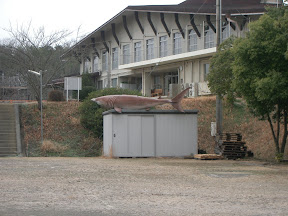...During high school or college, many aspiring physicists latch onto Feynman or Einstein or Hawking as representing all they hope to become. The problem is, the vast majority of us are just not that smart. Oh sure, we’re plenty clever, and are whizzes at figuring out the tip when the check comes due, but we’re not Feynman-Einstein-Hawking smart. We go through a phase where we hope that we are, and then reality sets in, and we either (1) deal, (2) spend the rest of our career trying to hide the fact that we’re not, or (3) drop out. It’s always bugged the crap out of me that physicists’ worship of genius conveys the simultaneous message that if you’re not F-E-H smart, then what good are you? In physics recommendation land, there is no more damning praise than saying someone is a “hard worker”.
Well, screw that. Yes, you have to be clever, but if you have good taste in problems, an ability to forge intellectual connections, an eye for untapped opportunities, drive, and yes, a willingness to work hard, you can have major impacts on the field. ...
But I'm pretty bad when it comes to figuring out the tip at the end of a meal!
But seriously, this is definitely an issue, especially at the undergraduate level I think. I do have the feeling though that this is a particularly anglo-saxon problem. I may be overgeneralising from my own experience, but it seems to me that in continental Europe and Japan there is less of an expectation that you have to be an über-genius to make any useful contribution. This may be because there is a bit more of a hierarchical system in these countries, and there are plenty of top professors to point to that are very much not Feynman-level brainiacs, though they all have something going for them, be it political cunning or just good luck and initiative.
I do wonder as well how likely it is that the people you pegged as future stars early on will actually end up there. I wouldn't be surprised if we are pretty bad at predicting future winners.
(N.b. this is all an attempt to play down expectations for my future nobel prize, in case you were wondering.)
Update: A nice followup from Chad Orzel.
